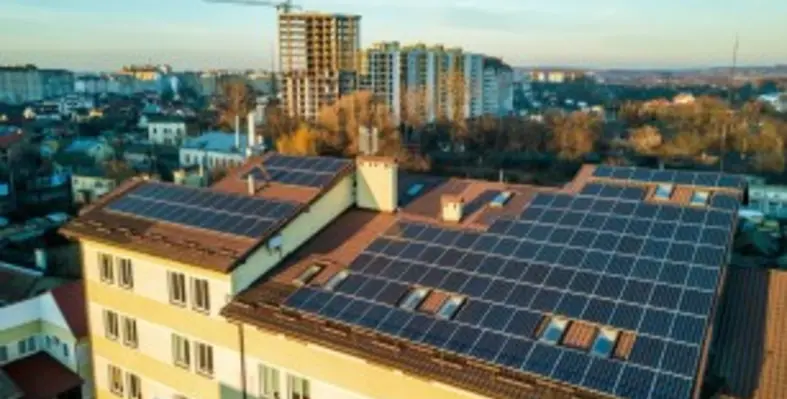Frost & Sullivan?s recent analysis on the distributed energy market in the Gulf Cooperation Council (GCC) finds that it is gathering momentum with declining technology costs, resource availability, and favourable policies
This encourages customers to self-generate electricity through distributed renewable sources and sells excess electricity back to the grid, transforming customers into prosumers (an individual who consumes as well as produces goods or services).
The region?s total distributed energy market, which encompasses distributed solar photovoltaic (PV), distributed wind power, hybrid systems, diesel gensets, and gas gensets, is estimated to garner a revenue of US$602mn by the end of 2021 from US$480mn in 2020, registering strong double-digit growth at a compound annual growth rate (CAGR) of 25.4%.
This will be driven by the recovery in the diesel gensets market along with strong growth in rooftop solar PV and hybrid power systems. The UAE and Saudi Arabia will lead the market for distributed energy, with Oman set to emerge as the fastest-growing market in the region.
?As utility-scale and distributed renewable resources become a crucial aspect of the region?s decarbonisation mandates, utilities will invest in grid modernisation solutions, digital platforms, software solutions, and systems associated with asset performance, modelling, and predictive analysis,? said Neeraj Sanjay Mense, energy and environment industry analyst at Frost & Sullivan.
?Additionally, distributed solar PV will drive the market for distributed energy resources (DERs) as an increasingly wider customer base is expected to adopt rooftop solutions, buoyed by the regulatory mechanisms supporting such installations.?
?Business models have evolved, and customers would prefer operation and output-based operating expenses (OPEX) contracts that include maintenance, performance guarantees, and availability, especially across residential, commercial, and industrial consumers. Further, behind-the-meter energy storage is set to become a game-changer for DERs in the region as it enhances the value proposition of the DERs and enables revenue stacking,? Mense added.
For further information on this analysis, Distributed Energy Rejuvenating the Power Sector in the GCC through Innovation and Efficiency, 2021, please visit: https://frost.ly/5vj.







